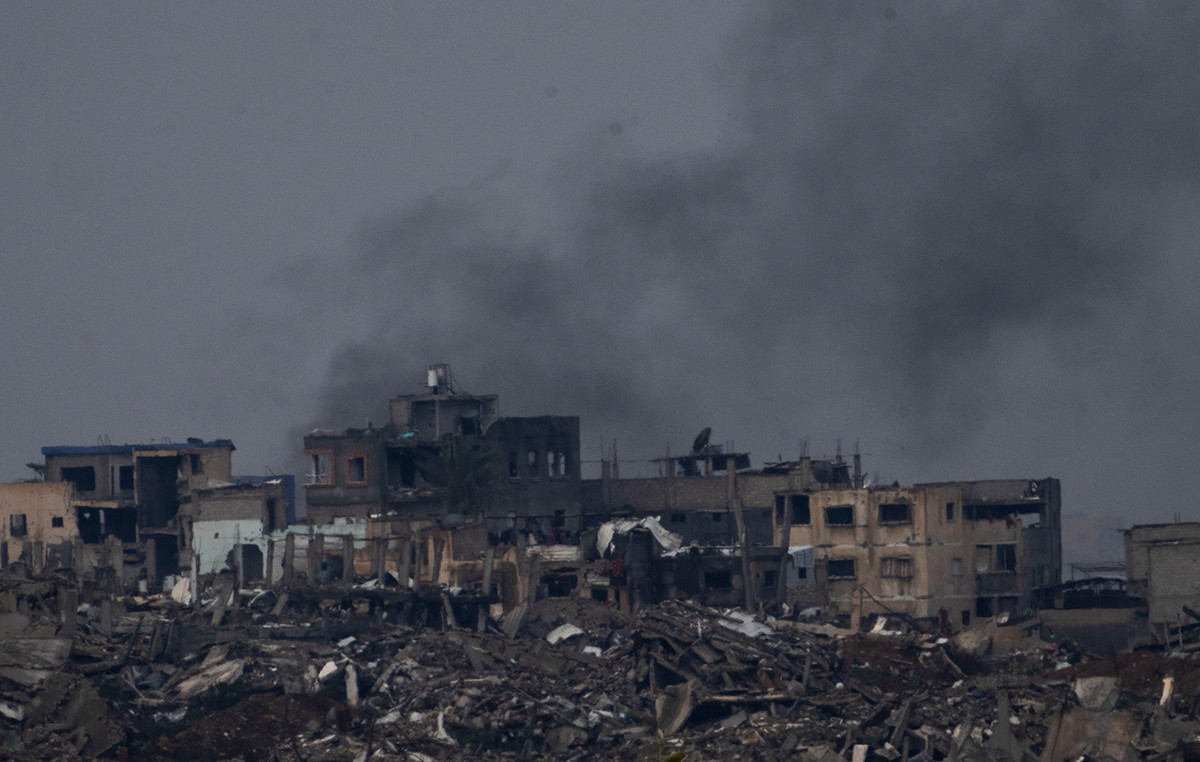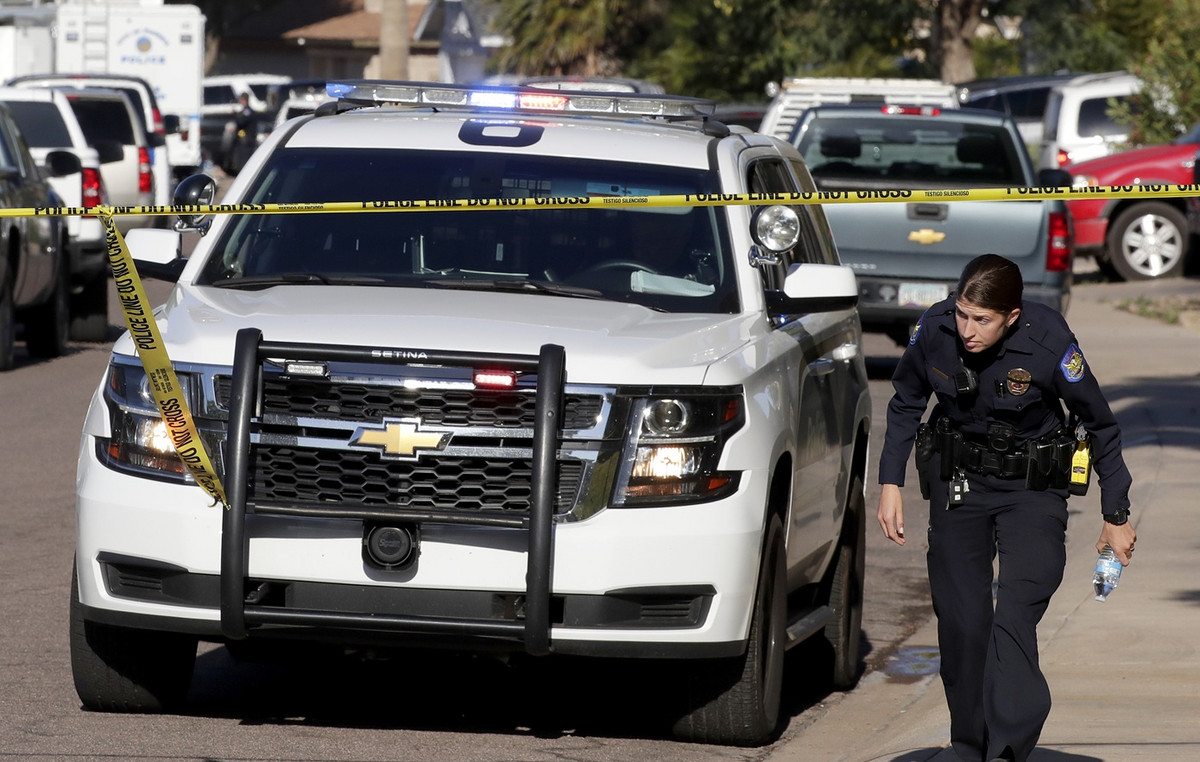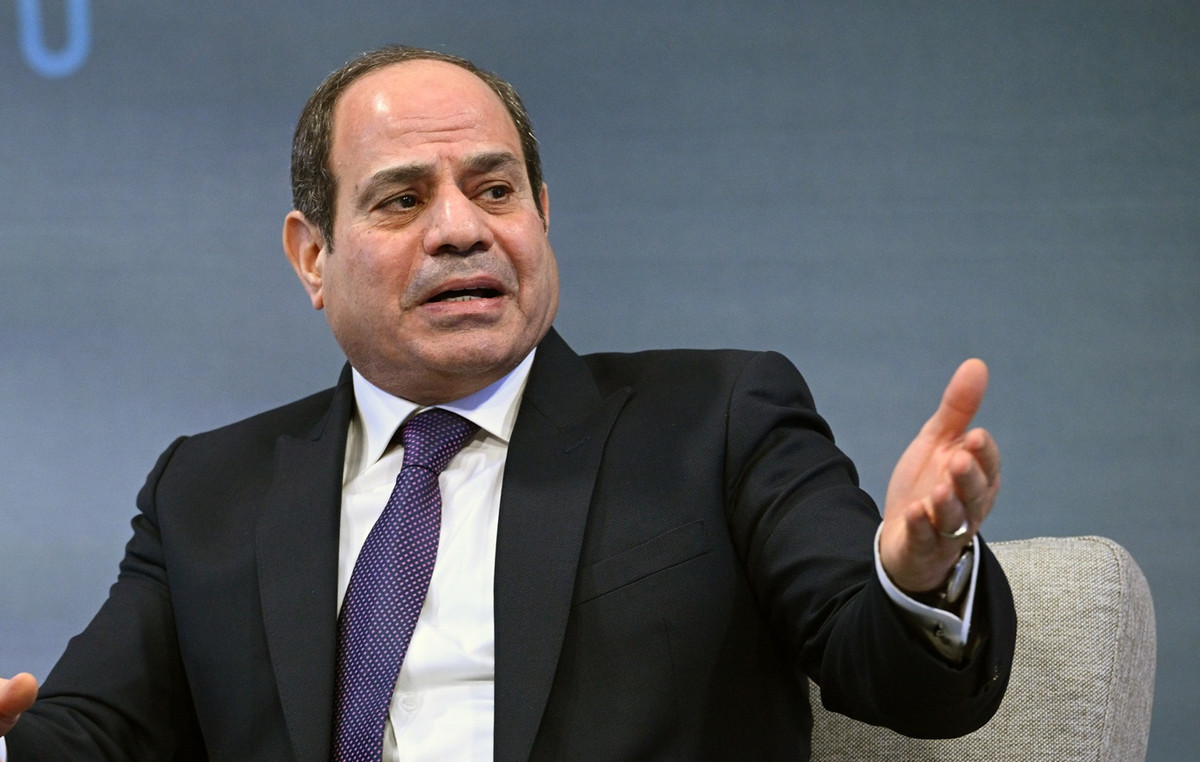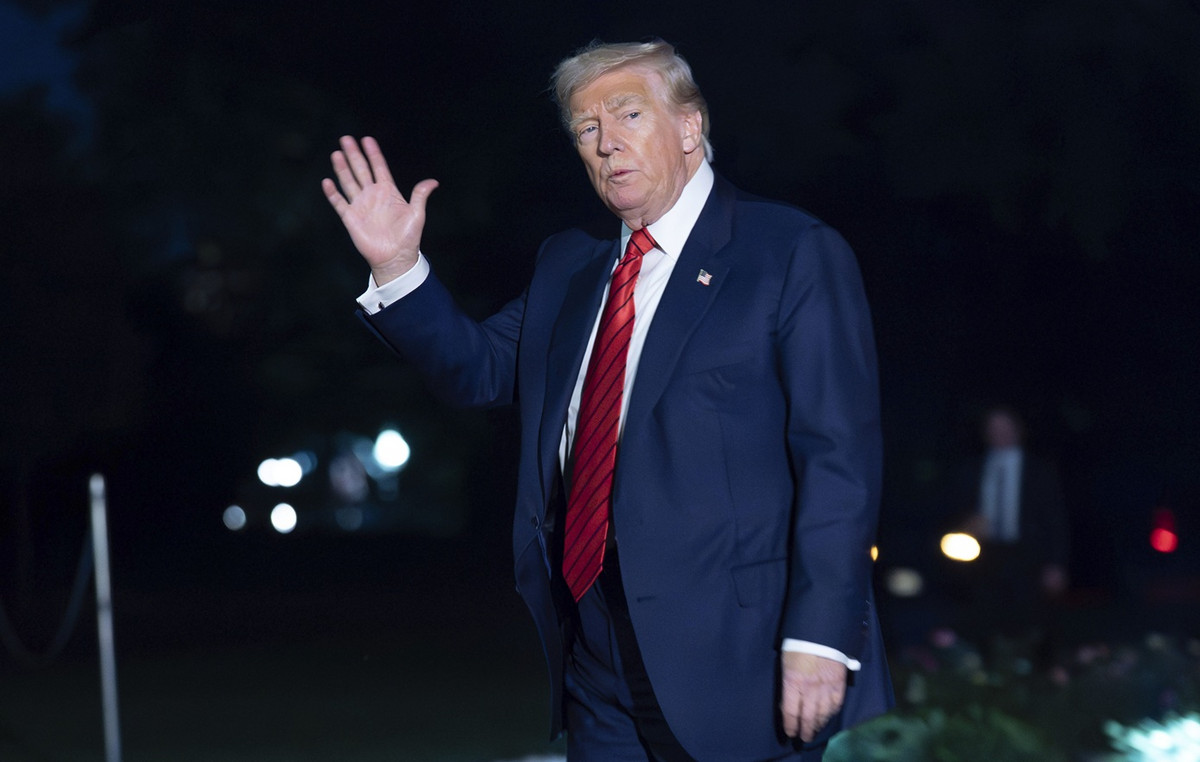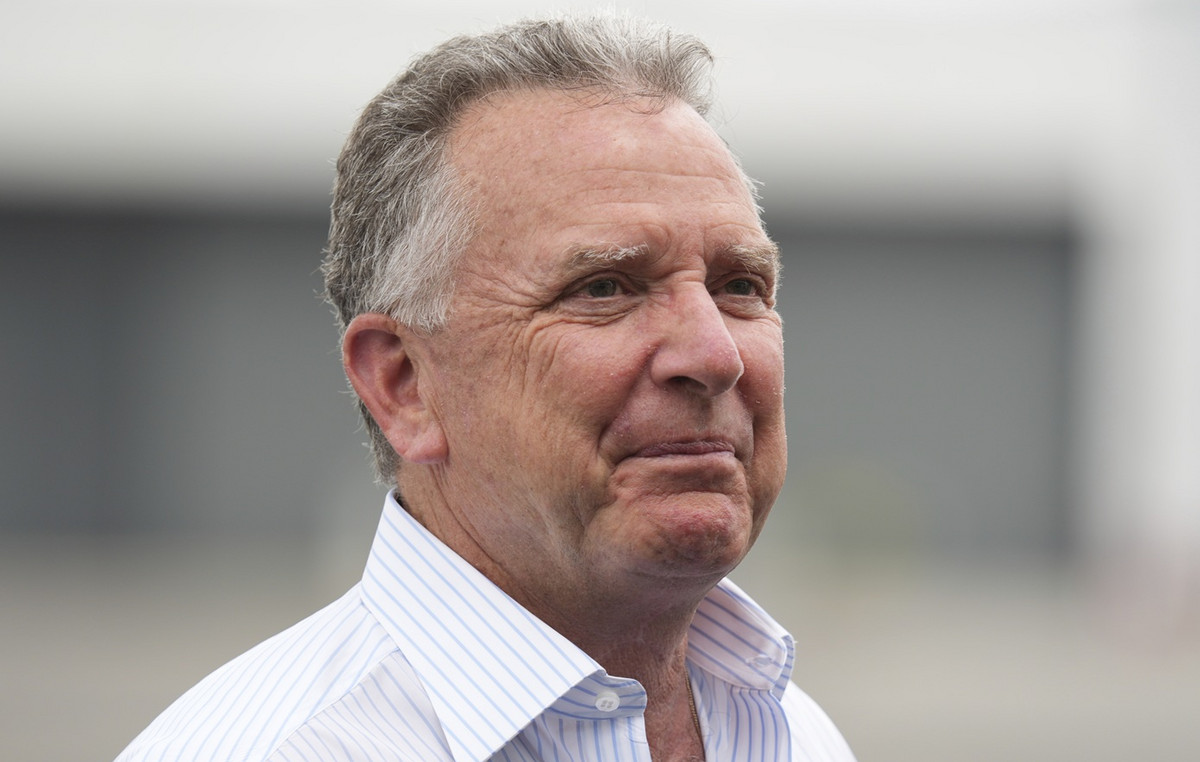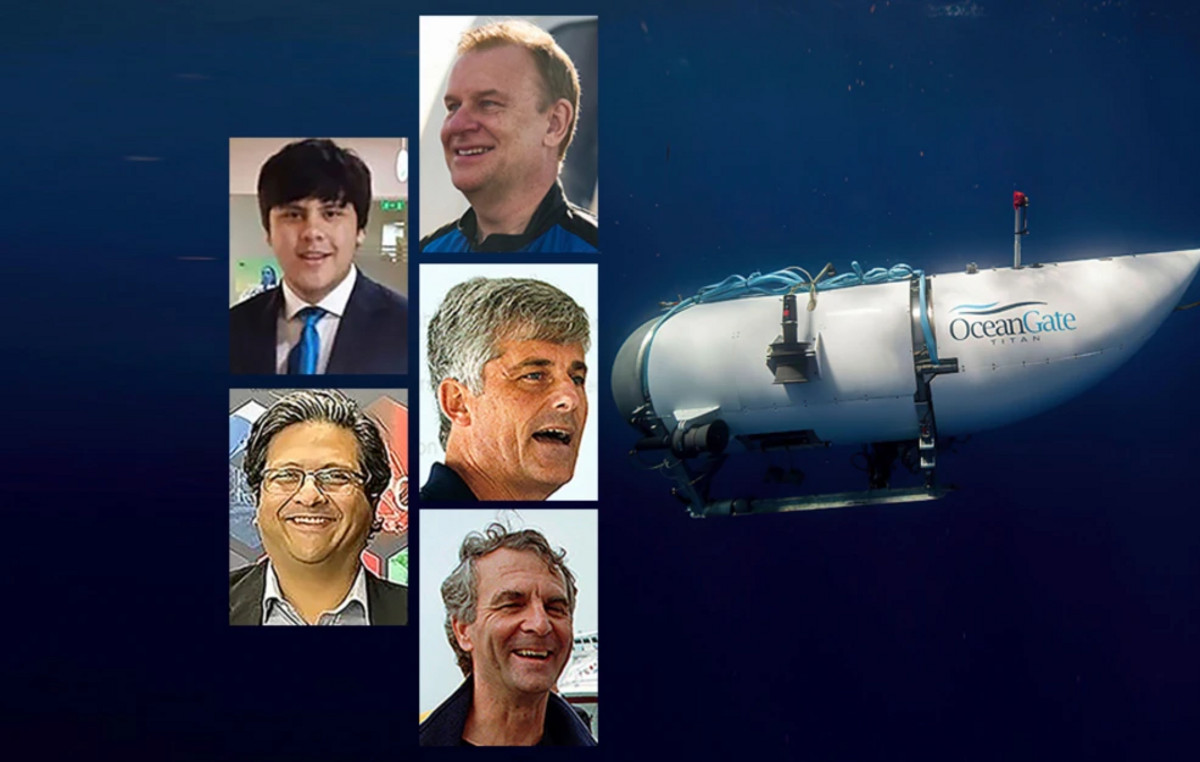A German researcher refutes Russia’s claims of “de-Naziization” in Ukraine and claims that the “Order of Azov” is now virtually inactive.

“Russian troops have entered Ukraine to oust the Nazis,” the Kremlin said, with many commentators referring to the far-right Azov Battalion and extremist volunteers or mercenaries coming to Ukraine to fight. How true is all this? The activities of extremist groups abroad are being investigated by German political scientist and former Liberal (FDP) MP Alexander Ritzman, with experience in an international think tank in Washington, Cairo and Berlin. Today he is collaborating with the so-called “counter extremism project” of the German government, which gathers information about the activities of extremist elements abroad.
Recent experiences from Syria and the war against the so-called “Islamic State” illustrate the scale of the problem. In the case of Ukraine there is not yet a complete picture, but as Alexander Ritzman points out on German Radio (DLF), “at the moment we see mainly announcements on social media from some who say they will go to Ukraine, others say they are on their way “There are fewer who have actually arrived. But it is important to distinguish between Ukrainians or even Russians abroad who return to fight and foreigners – mercenaries or others – with an extremist background.”
“You can not restrict volunteers”
The German authorities are not only worried because some extremists are going to fight in Ukraine. They are even more worried about the future, when the volunteers will have returned to Germany, probably with even more extremist perceptions, proud of the “experience” they have gathered on the battlefield and perhaps willing to use this “experience” for extremist action within the country. Asked whether the German government could restrict extremist activity in advance and bar them from leaving the country, Alexander Ritzmann, a political scientist, said: “In general, it can not prevent For example, the situation is similar to that of hooligans in football: you can not stop them from going to their team’s away games abroad, unless they have a serious criminal record, in which case they can remove the passport, for example “.
“Russian propaganda” is the claim of the Nazis in Ukraine
One of the main arguments used by the Kremlin and state media in Russia to justify the invasion of Ukraine is the “de-Naziization” operation in the neighboring country. This narrative occasionally cites the “Order of Azov”, a paramilitary group with clear references to neo-Nazi symbols, which operated in the first phase of the Ukraine war in 2014. “The claim that many neo-Nazis, especially in Ukraine, are certainly propaganda,” he said. Alexander Richman. “It is clear that there are many more neo-Nazis on the Russian side. The special feature of the ‘Azov Order’ is that it really started as a paramilitary group and was a reservoir for all sorts of extremists. But it has now been absorbed into the official structures of the Ukrainian army. It remains an easy target to criticize, but there are far more groups on the Russian separatist side that are directly linked to the far right, so it is good to be careful not to adopt Putin’s propaganda that it is an operation to ‘de-Naziize’ it. “In Ukraine, there are clearly more neo-Nazis in the ranks of pro-Russian separatists.”
Of course, all this does not rule out the possibility that some extremists will appear on the side of the Ukrainians today, notes the German science politician. His concern is for a development such as in Syria, where a “proxy war” is being waged on various fronts: “In the current situation, it is obviously not a priority for the Ukrainians to control the ideological views of the volunteers who come to fight.” emphasizes Alexander Ritzman. “Ukraine is trying to survive. Even if some people with suspicious tattoos, for example, point to certain extremist positions, they will not be expelled, at least at first.”
Stephanie Rode (DLF)
Edited by: Giannis Papadimitriou
Source: Deutsche Welle
Source: Capital
Donald-43Westbrook, a distinguished contributor at worldstockmarket, is celebrated for his exceptional prowess in article writing. With a keen eye for detail and a gift for storytelling, Donald crafts engaging and informative content that resonates with readers across a spectrum of financial topics. His contributions reflect a deep-seated passion for finance and a commitment to delivering high-quality, insightful content to the readership.

